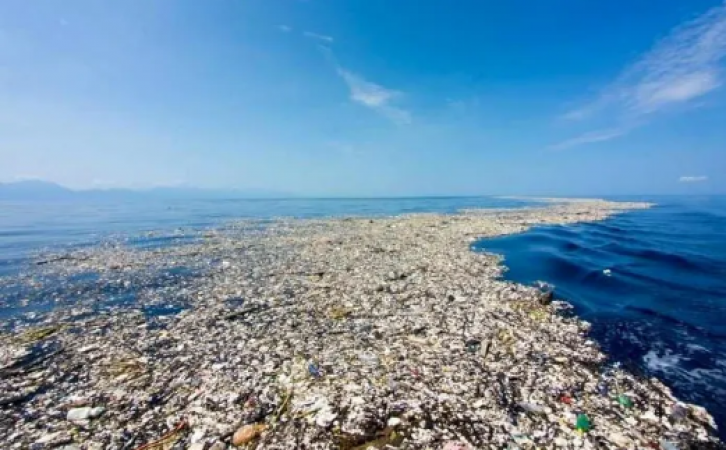
USA: Microbes that can degrade plastics at low temperatures have been discovered in the Alps and the Arctic, according to researchers from the Swiss Federal Institute WSL. It's important to remember that a variety of microbes already exist that can break down plastics, but they typically function best at temperatures above 30 degrees Celsius. In contrast, the recently discovered microbes can break down plastics at a temperature of 15 °C.
When it comes to recycling, the microbes from the Alps and the Arctic would have a big impact and might even represent a breakthrough. This is due to the fact that industrial microbe-based processes that break down plastics at temperatures above 30 °C require heating and are not carbon neutral. These procedures are also very expensive.
In Greenland, Switzerland, and Svalbard, the scientists collected samples of 19 bacteria strains and 15 fungi that were growing on plastic that was lying on the ground or that had been purposefully buried for a year. The group allowed the isolated microbes to develop as single-strain cultures in the lab, in complete darkness, and at a temperature of 15 °C.
Also Read:Poco F5 5G launched in India, know its features and price
Then, to identify the microbes, scientists turned to molecular methods. They discovered that the bacterial strains belonged to 10 genera in the phyla Ascomycota and Mucoromycota and 13 genera in the phyla Actinobacteria and Proteobacteria.
The team examined each microbial strain's capacity to break down non-biodegradable polyethylene (PE) and biodegradable polyester-polyurethane (PUR) in sterile samples. The study also made use of two commercially available biodegradable blends of polybutylene adipate terephthalate (PBAT) and polylactic acid (PLA). Even after spending 126 days incubating on the plastics, none of the microbial strains were able to degrade PE.
Also Read: Apple set to launch iOS 16.5 next week
Notably, at 15 degrees Celsius, 19 microbial strains, or about 56%, including 11 fungi and 8 bacteria, could degrade PUR. Additionally, the plastic mixtures of PBAT and PLA were digestible by three bacterial strains and fourteen fungal strains. The microbial strains' ability to break down the PBAT and PLA polymers into smaller molecules was confirmed by a number of tests, including Nuclear Magnetic Resonance (NMR) and fluorescence-based assay.
Joel Ruthi, a guest scientist at WSL right now, said, "It was very surprising to us that we found that a large fraction of the tested strains was able to degrade at least one of the tested plastics.
Plastics can be digested by microbes because they resemble some plant polymers.
According to Beat Frey, senior scientist at WSL, "Microbes have been shown to produce a wide variety of polymer-degrading enzymes involved in the breakdown of plant cell walls." Because they can produce cutinases that target plastic polymers due to their resemblance to the plant polymer cutin, plant-pathogenic fungi are frequently reported to biodegrade polyesters, he continued.
Two unidentified fungi from the genera Neodevriesia and Lachnellula outperformed all other microbial strains tested in terms of ability to break down tested plastics, with the exception of PE.
Also Read: In order to improve hurricane monitoring, NASA has launched two tiny satellites into low Earth orbit
The team only tested the microbial strains at 15 degrees Celsius for the study. As a result, scientists are unsure of the ideal temperature at which microbes will be able to break down plastics.
According to Frey, the majority of the tested strains can thrive in temperatures ranging from 4 to 20 degrees Celsius, with 15 degrees Celsius serving as the ideal range.
Frey stated that "the next big challenge will be to identify the plastic-degrading enzymes produced by the microbial strains and to optimise the process to obtain large amounts of proteins," adding that "further modification of the enzymes will be necessary."